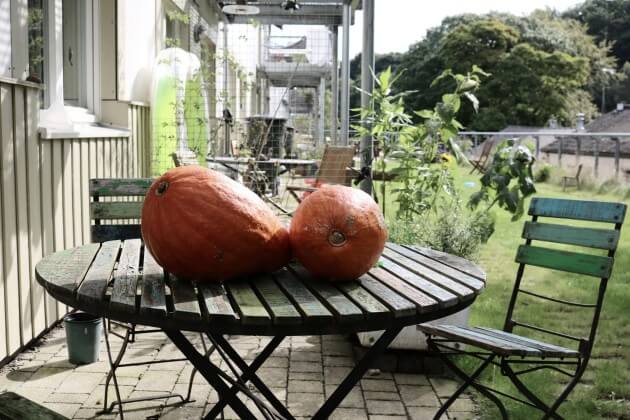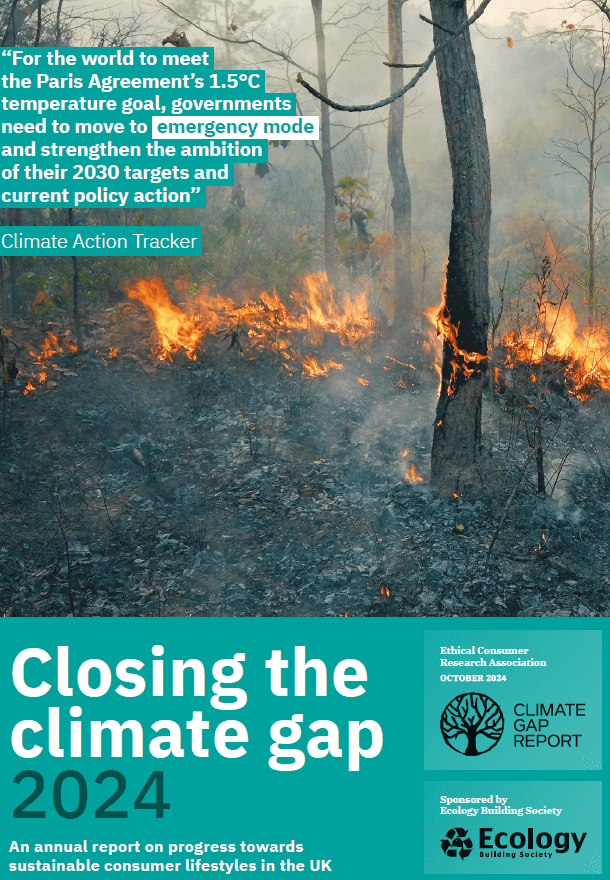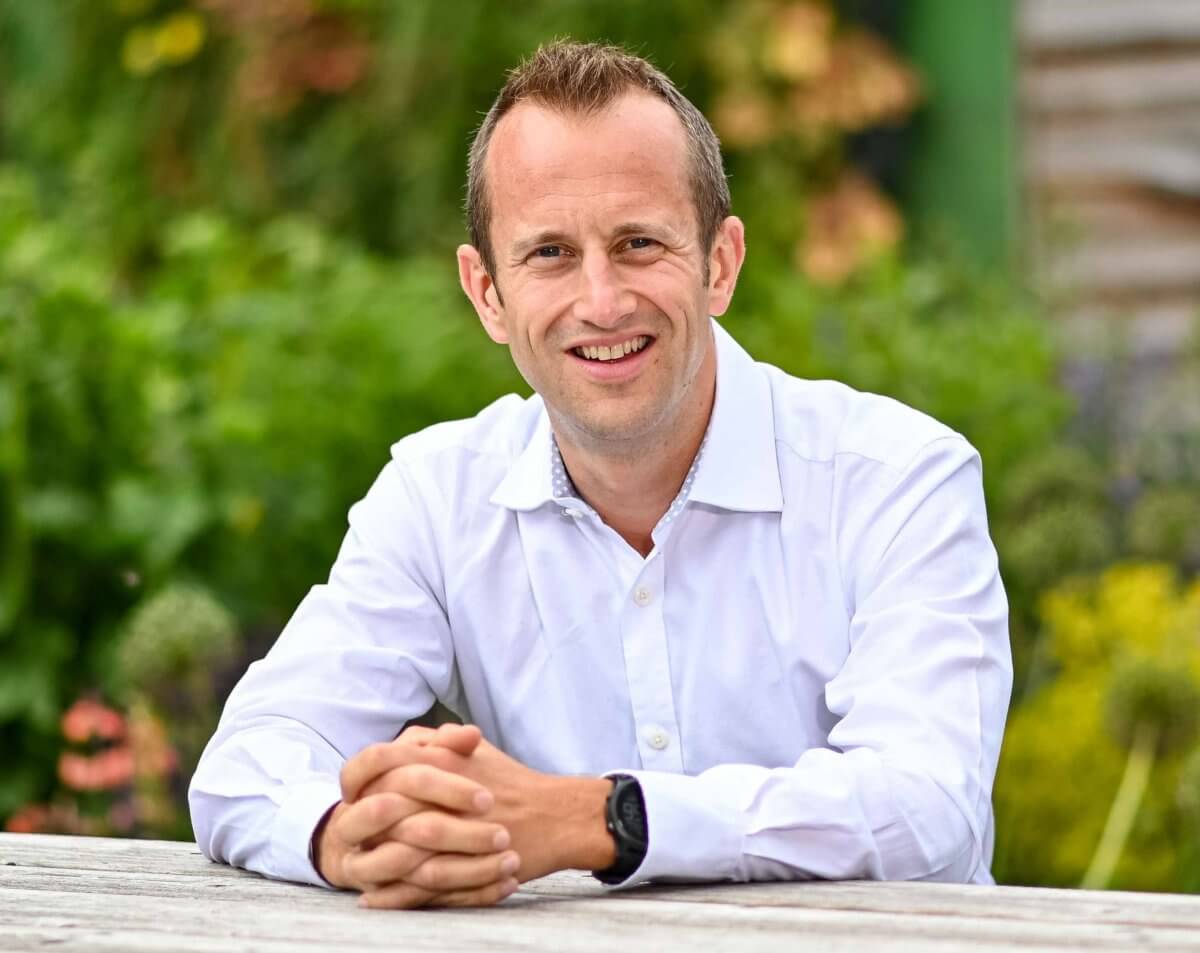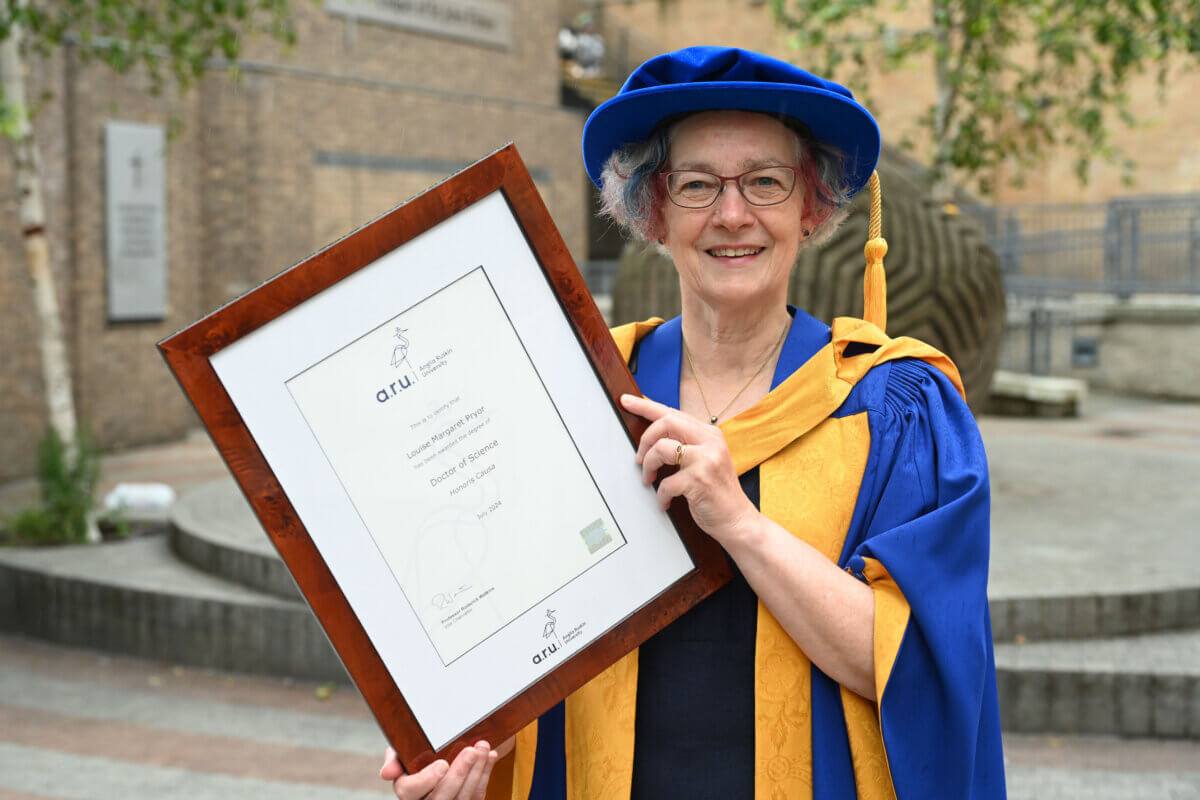5 Reasons To Celebrate Community-Led Projects

On 27 November, the National Community-led Housing Conference will explore how communities are coming together to shape the future of housing. As the event’s lead sponsor, we share just some of the reasons that Ecology is supporting community housing groups to stand up and do things differently.
When it comes to housing, it often seems that the odds are stacked against local communities. With property prices rising faster than incomes, many struggle to find an affordable home in their local area. What’s more, large-scale developers’ plans frequently pay little heed to local people’s needs and priorities – like housing affordability and provision of publicly accessible green space.
It isn’t surprising that the search for a home leaves many feeling frustrated, powerless and at the mercy of market-driven interests.
But some communities are fighting back. Community-led housing is a viable solution to the affordability crisis facing the UK housing market and a model that Ecology has long supported. Ahead of the first-ever Community-led Housing Conference on 27 November, which will focus on shifting the sector from niche to mainstream, here are five reasons that we’re backing the community-led movement:
- Permanently affordable homes
Community-led housing creates genuinely affordable, quality housing for local people.
Developers’ definitions of ‘affordable’ often don’t reflect the reality for the majority of people. While needing to be financially viable, community-led housing is built to meet the needs of local people, not to maximise financial return. Rather than basing house prices on open market value, community-led schemes can take a more innovative approach, like linking the price of homes to average local wages to ensure genuine affordability. This is the method being applied by the London Community Land Trust in their St. Clements project.
Ecology has been working with residents of the St. Clements scheme to pioneer innovative mortgages for people seeking to buy permanently affordable homes within community-led developments and is hoping to expand this approach to support similar schemes across the UK.
- Stronger communities
Community-led housing projects bring people together.
They emphasise the power of collective action and are designed around spaces that encourage people to connect. At the same time, private home ownership allows for privacy when desired. This balance of privacy and connectivity can mean benefits for mental and physical health. It can also act as a tinder-box for original ideas, which, through collective energy, can be translated into meaningful action.
- Environmental sustainability
Community-led housing prioritises the environment.
The focus on long-term affordability and community well-being is realised through energy-efficient housing, the provision of green spaces, and the sharing of material resources. The Ecology-backed Lancaster Cohousing scheme is an excellent example of how such developments can enable a more sustainable approach to everyday living. Containing 35 houses built to Passivhaus standard, the development includes renewable energy technologies, communal laundry facilities, shared cars, pedestrianised streets, and ample green space for residents and wildlife.
- Long-termism
Community-led housing is designed with the future in mind.
From investing in high build quality and energy-saving technologies to ensuring permanent affordability of properties, the groups behind community-led housing schemes prioritise the long-term well-being of residents and the environment. This stands in stark contrast to an approach that exists to maximise the short-term financial potential of a housing development – often at the expense of the local community.
- Empowerment
Community-led housing is all about taking back control.
The sale of public land to private developers has prompted outrage from many local communities that feel they have been excluded from decisions and, often, priced out of new residential developments. The New Economics Foundation estimates that only one in five of the homes that are forecast to be built on public land and sold off are likely to be classed as ‘affordable’.
For some communities, the sale of public land has been a tipping point and has prompted them to take things into their own hands, as in the case of the St. Anne’s Redevelopment Trust (StART). StART is a co-operative working to build hundreds of permanently affordable homes on the site of a former NHS hospital that had been earmarked for private development. Ecology is currently working with the Housing Associations’ Charitable Trust to develop a toolkit that will help local authorities and housing associations to implement community-led housing solutions on sites like St. Anne’s.
Such schemes remind us of the power of grassroots action when it comes to reimagining the housing market. Ecology has never been an organisation to follow the norm and we’re enthusiastic about supporting communities that want to stand up and do things differently.
Ecology is sponsoring this year’s National Community-led Housing Conference on 27 November at Congress Centre, London. To find out more about the event and to book a place, visit www.tickettailor.com.



